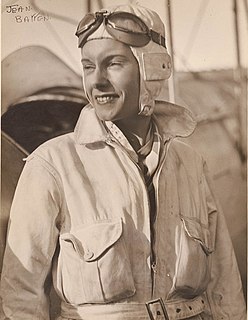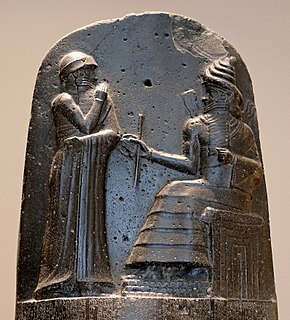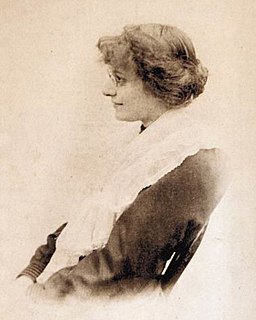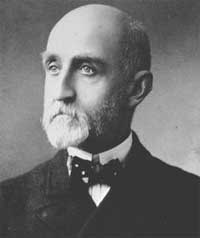A Quote by Henry Wadsworth Longfellow
Perhaps there lives some dreamy boy, untaught
In schools, some graduate of the field or street,
Who shall become a master of art,
An admiral sailing the high seas of thought
Fearless and first, and steering with his fleet
For lands not yet laid down in any chart.
Related Quotes
Every flyer who ventures across oceans to distant lands is a potential explorer; in his or her breast burns the same fire that urged the adventurers of old to set forth in their sailing-ships for foreign lands. Riding through the air on silver wings instead of sailing the seas with white wings, he must steer his own course, for the air is uncharted, and he must therefore explore for himself the strange eddies and currents of the ever-changing sky in its many moods.
If a chieftain or a man leave his house, garden, and field and hires it out, and some one else takes possession of his house, garden, and field and uses it for three years; if the first owner return and claims his house, garden, and field, it shall not be given to him, but he who has taken possession of it and used it shall continue to use it.
The surer of himself an admiral is, the finer the tactical development of his fleet, the better his captains, the more reluctant must he necessarily be to enter into a melee with equal forces, in which all these advantages will be thrown away, chance reign supreme, and his fleet be place on terms of equality with an assemblage of ships which have never before acted together.
A boy is a long time before he knows his alphabet, longer before he has learned to spell, and perhaps several years before he can read distinctly; and yet there are some people who, as soon as they get on a horse, entirely undressed and untaught, fancy that by beating and spurring they will make him a dressed horse in one morning only. I would fain ask such stupid people whether by beating a boy they would teach him to read without first showing him the alphabet? Sure, they would beat him to death, before they would make him read.
Behold the Child among his new-born blisses
A six years' Darling of a pigmy size!
See, where 'mid work of his own hand he lies,
Fretted by sallies of his mother's kisses,
With light upon him from his father's eyes!
See, at his feet, some little plan or chart,
Some fragment from his dream of human life,
Shaped by himself with newly-learned art.
Books are like people. Some look deceptively attractive from a distance, some deceptively unappealing; some are easy company, some demand hard work that isn’t guaranteed to pay off. Some become friends and say friends for life. Some change in our absence - or perhaps it is we who change in theirs - and we meet up again only to find that we don’t get along any more.
If you make a street poster and literally paste it on the street in a city like New York, where it's such a mixed population and so densely populated, and it stays up for a full week and doesn't get covered up by something else or pulled down, you will have fifty thousand people who will have seen it. It will be the poorest of the poor - some homeless man who lives on the street will see it and probably appreciate it, or some businessman or landlord will see it. Everyone will see it. And whether or not they even realize that they saw it, on some level it's affecting their consciousness.
I propose to construct a new chart for navigating, on which I shall delineate all the sea and lands of the Ocean in their proper positions under their bearings; and further, I propose to prepare a book, and to put down all as it were in a picture, by latitude from the equator, and western longitude.
His master’s pain was his pain. And it hurt him more for his master to be sick than for him to be sick himself. When the house started burning down, that type of Negro would fight harder to put the master’s house out than the master himself would. But then you had another Negro out in the field. The house Negro was in the minority. The masses—the field Negroes were the masses. They were in the majority. When the master got sick, they prayed that he’d die. If his house caught on fire, they'd pray for a wind to come along and fan the breeze.






































